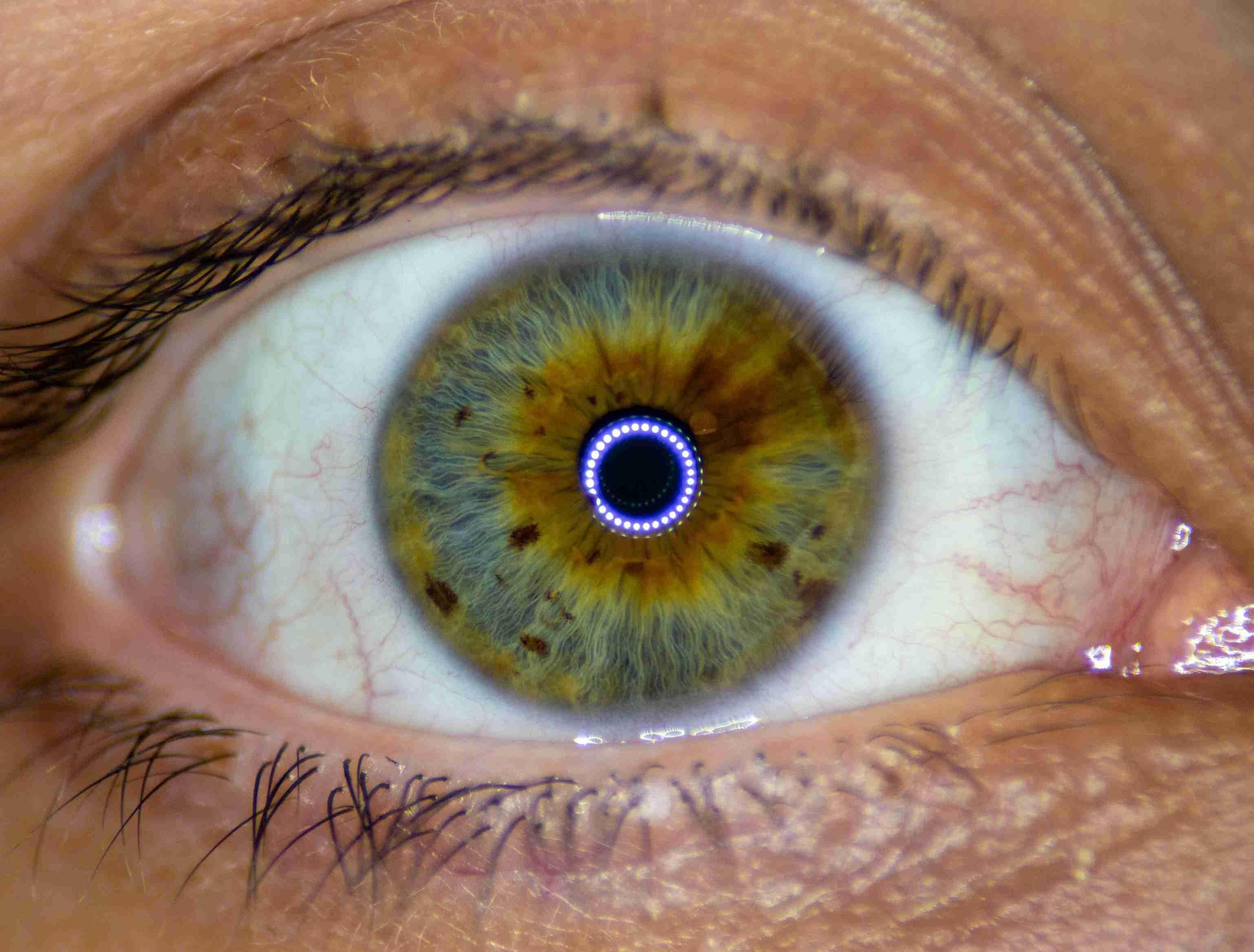Experts Reveal What It Means When You Can Blur Your Vision on Command
It isn't always a cause for concern, doctors say.
Published April 22 2025, 12:38 p.m. ET

Our understanding of human vision — and animal eyesight — is both fascinating and ever-evolving. We know that some diets can improve our eyesight, that certain habits or predispositions may facilitate pain in our eyes, and so much more.
When it comes to blurred vision and the ability to unfocus your eyes on command, is it equal parts medical condition and party trick, or does the ability to blur your vision at will portend a more serious ophthalmological concern?
Eye care experts have fascinating opinions on the matter, whether it is safe to intentionally do this frequently, and whether this unique trick can be learned. To better understand the phenomenon wherein some individuals can blur their vision on command, check out what experts say below.

What does it mean when you can blur your vision on command?
According to the San Jose, Calif.-based practice Total Vision Golden Hills, the phenomenon wherein some people can voluntarily blur their vision on command actually has a name: intentional blurred vision, or IBV for short.
"This ability may stem from a combination of mental concentration and muscle control, allowing individuals to manipulate their ocular perception," per the website.
According to a medically reviewed article in Healthline, the feat is achieved by relaxing the ciliary muscles in the eyes. When you are focusing on an object, the ciliary muscles contract, which in turn allows you to focus on the object; when those same muscles are instead relaxed by individuals with the ability to do so, IBV is miraculously accomplished.
"If you can defocus your eyes on command, congratulations, you've unlocked the world’s most useless superpower," Dr. Karan Rajan explains in the video above. And while this useless superpower may be fun to show off to friends and families, it is clear that there may be consequences to doing this trick too frequently.
"Excessive unfocusing can lead to visual strain and fatigue. Constantly shifting between focused and unfocused states might overstimulate the ciliary muscle and the eye’s focusing mechanism," Dr. Rajan said, per HuffPost. "Repeating this divergent squint too often could disrupt your normal binocular vision, coordination between the eyes, and eye alignment.”
Is blurred vision linked to medical problems?
Some individuals, however, experience blurred vision without intentionally unfocusing their eyes. There may, in fact, be several medical concerns that can cause this issue.
While the following list, per Healthline, is not exhaustive, it can be helpful for recognizing where links may be found between some health concerns and blurry vision.
Reasons for blurred vision may include:
- Accommodative dysfunction
- Headaches
- Presbyopia
- Vision difficulties relating to an ADHD diagnosis.
If you or your family frequently experience blurred vision, headaches, the natural regression of eyesight capabilities as we age, or are concerned about the link between ADHD and vision, it is time to talk to a professional. It is best to consult with an eye doctor in conjunction with a primary care provider to develop a plan to support healthy eyesight.